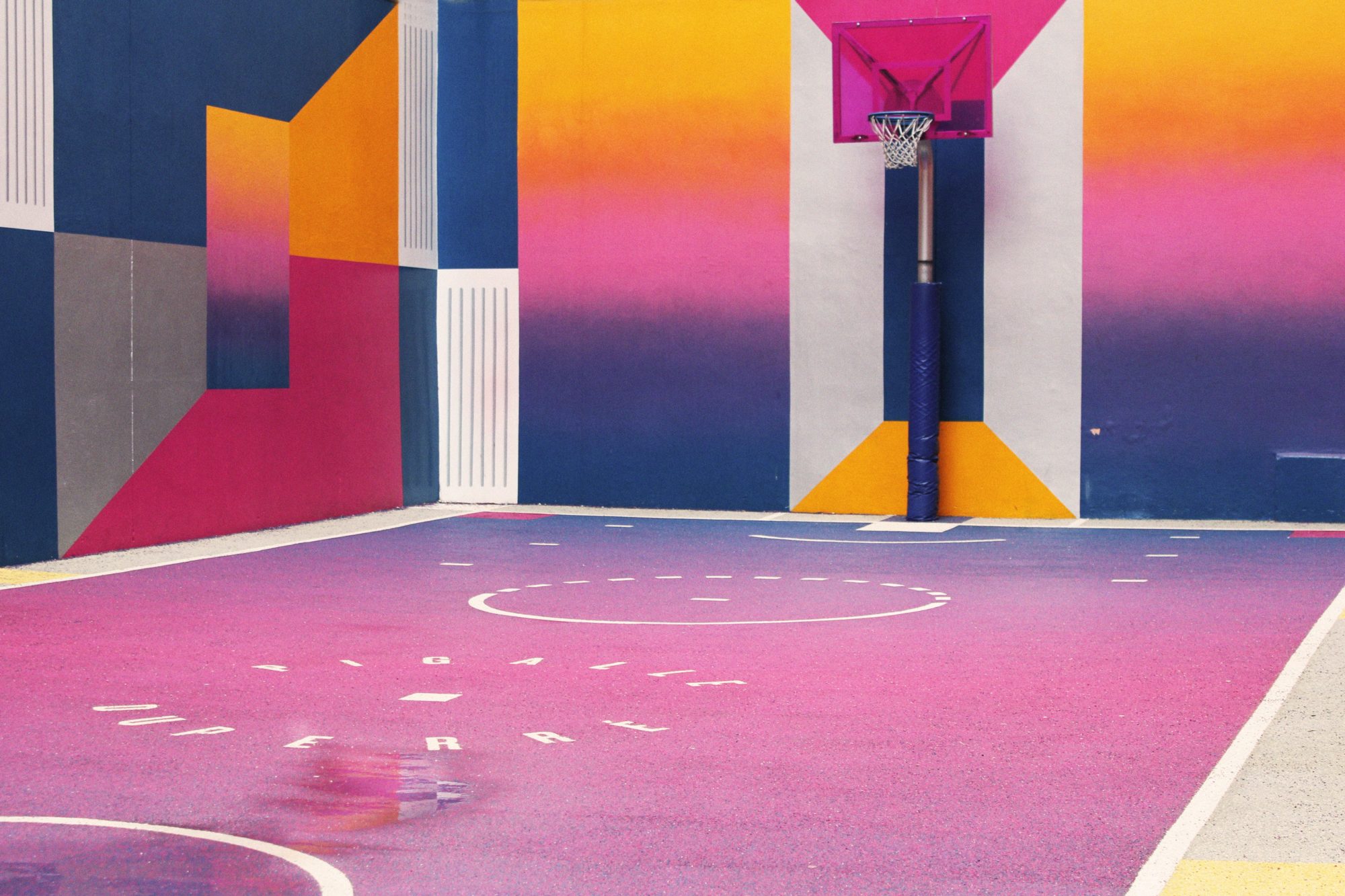How many times must we read the ESPN headline of the untrustworthy agent? How many times must we hear about the once rich athlete now in poverty? How many times must we get the notification that our team’s best player is in deep legal trouble?
How many times must high potential athletes ruin their careers before someone points out the obvious?
Unfortunately, the trend away from the university pathway will only increase these incidents in the future. Athletes such as LaMelo Ball, RJ Hampton, and Darius Bazley are emerging in the international scene rather than taking the traditional path to further their education.
The truth is: these athletes will likely fall subject to these off-the-court issues. Without formal education, many players have no clue how to manage their stacks of money that they will surely make in the billion-dollar basketball industry.
Zoom out of sports and you realize that people without education are disproportionately represented in all forms of prison. This is not a testament to the character of basketball players who decide to forgo education, rather it is a simple statistical truth that even more crime will plague the proffesional sports if the NCAA is boycotted.
NCAA’s Fault
While university should be an encouraged pathway, the NCAA hasn’t done itself any favors in terms of likeness rights. Currently, the NCAA does not allow athletes to make money from their likeness in no way while under scholarship.
A recent controversy includes athlete Donald De La Haye, now known as Deestroying, who was stripped of his football scholarship as a Kicker at UCF. Why? Because he made a few hundred dollars on the side from his YouTube channel where he helped motivate and educate many other football specialists.
Now, Deestroying has nearly 2 million subscribers on YouTube and a spot on the Toronto Argonauts practice squad.
The fact that the NCAA restricts the passions of young players is despicable. However, exceptions like De La Haye force many young athletes into a decision that ultimately will hinder their future financial stability.
By no means, however, should the NCAA have to pay their athletes because of the educational and recognization opportunities they present to young players. These opportunities are the exact reason why their policy on off-the-court activities is hypocritical to the nature of the NCAA. After all, their second bottom line after money should include the success of each university’s respective alumni.
Ultimately, the NCAA should allow athletes to sell their likeness but should have no obligation to compensate players. If they loosen their restrictions, then athletes will lose their modern blinders and understand the opportunities free college provides them.
Education
How many times must we hear heartless jokes about gender studies or communications majors? Well, at least this time our headlines have justification. These majors traditionally lead to below-median income careers that have little societal impact. The truth is: athletes will choose useless majors such as gender studies or communications to get an easy pass through the ‘burden’ of education.
This should not be the case. However, I’m not advocating for the workload Josh Rosen described as “two full-time jobs”. Rather, high profile college athletes should be granted permission to take fewer classes to maintain a healthy balance of their future profession and education.
What kind of classes should top athletes participate in if their only passion is football?
Financial literacy.
Economics classes ranging from the basics to market trends are a necessity for star-potential athletes to obtain and maintain as much wealth as possible. Lonzo Ball went to UCLA for only one year and, no surprise, his family brand BBB was the victim of fraudulent behavior. Extended financial knowledge could’ve prevented their association at best or limited the fraud at worst.
Besides fraud and crime prevention, education helps with money management. Antoine Walker, a former NBA player who made over $108 million, was recently cited as ‘financially struggling’ after mismanaging his money (mainly through strip club overuse).
Formal education will help with more rational decision making that can trump the natural impulses of human beings. This is what education is for, consciousness in decision-making.
Final Verdict
Universities must allow all student
Off the court issues and suspensions will subside over time due to quality schooling. Realistically, the only loser here is the opportunistic media who prey on the struggling for clicks. Wouldn’t we all be fine if this was the sole consequence of the rejuvenation of formal education in athletes careers?
So, what do you say? Should we revitalize the role of universities in the path of highly touted athletes? Or, should athletes make money as soon as possible and live with the repercussions of a lack of education? Comment your opinion below.
If you liked this article, these articles should tickle your fancy as well:



This is lit!!!
Thanks Kobe!